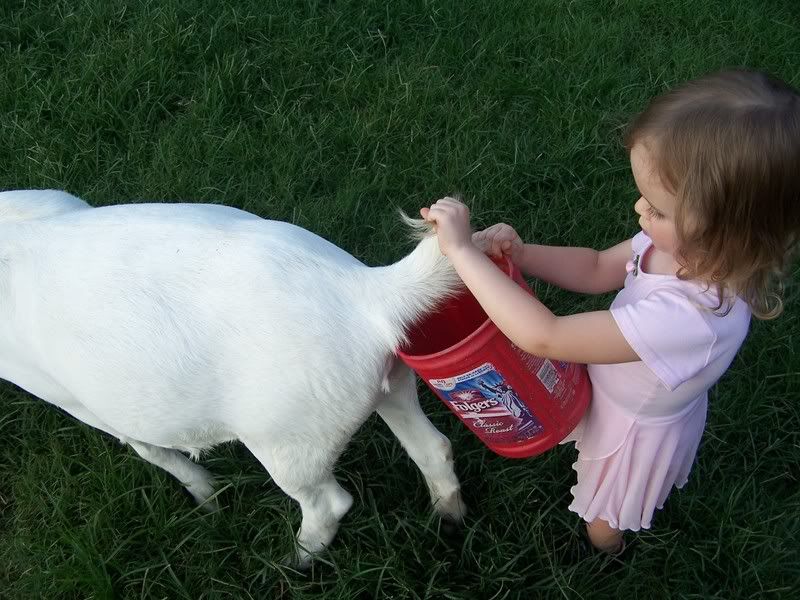
 1
1





[img]http://i109.photobucket.com/albums/n52/havlik1/permie%20pics2/permiepotrait3pdd.jpg[/img]
"One cannot help an involuntary process. The point is not to disturb it. - Dr. Michel Odent








[img]http://i109.photobucket.com/albums/n52/havlik1/permie%20pics2/permiepotrait3pdd.jpg[/img]
"One cannot help an involuntary process. The point is not to disturb it. - Dr. Michel Odent




My books, movies, videos, podcasts, events ... the big collection of paul wheaton stuff!








 here are some of my thoughts. basic h is a surfactant and will give you some nasty diarhea. might flush some worms out but I am not doing that! second, if "mommy worms" don't think the enviroment is good for their offspring they will stop laying. (conversely , in goats at least, a phenomenon near birthing has the opposite effect, causing eggs to be laid in great numbers in response to the birth hormones to take advantage of the weakened mother and makes sure and there are lots of infective worms on the ground for the babies to pick up). so my point is that when stressed the parasites cease to lay and that can give a false negative reading on a slide (remember you are looking for worm eggs not worms). seems that the animal eating soap might convince the mama worms that its not a good time to spread their genes. especially for a rumenint using a surfactant as a wormer is a bad bad idea and is only used to save a goat from bloat (questionable anyway). you run the risk of smothering/killing all the bacteria that digest the food for the animal.
here are some of my thoughts. basic h is a surfactant and will give you some nasty diarhea. might flush some worms out but I am not doing that! second, if "mommy worms" don't think the enviroment is good for their offspring they will stop laying. (conversely , in goats at least, a phenomenon near birthing has the opposite effect, causing eggs to be laid in great numbers in response to the birth hormones to take advantage of the weakened mother and makes sure and there are lots of infective worms on the ground for the babies to pick up). so my point is that when stressed the parasites cease to lay and that can give a false negative reading on a slide (remember you are looking for worm eggs not worms). seems that the animal eating soap might convince the mama worms that its not a good time to spread their genes. especially for a rumenint using a surfactant as a wormer is a bad bad idea and is only used to save a goat from bloat (questionable anyway). you run the risk of smothering/killing all the bacteria that digest the food for the animal.
[img]http://i109.photobucket.com/albums/n52/havlik1/permie%20pics2/permiepotrait3pdd.jpg[/img]
"One cannot help an involuntary process. The point is not to disturb it. - Dr. Michel Odent




 ) are learning that just having two or three types of forage is not enough. There are some (justifiably) proud farmers out there who can count nearly fifty types of plants in their pastures.
) are learning that just having two or three types of forage is not enough. There are some (justifiably) proud farmers out there who can count nearly fifty types of plants in their pastures. 



[img]http://i109.photobucket.com/albums/n52/havlik1/permie%20pics2/permiepotrait3pdd.jpg[/img]
"One cannot help an involuntary process. The point is not to disturb it. - Dr. Michel Odent








[img]http://i109.photobucket.com/albums/n52/havlik1/permie%20pics2/permiepotrait3pdd.jpg[/img]
"One cannot help an involuntary process. The point is not to disturb it. - Dr. Michel Odent








 . what the he*# is pennicillin going to do for swelling! I said look, she broke her leg BADLY (twisted 1/2 way around) does it surprise you that when normal unsupported pressure was placed on the leg that the tissue became a bit inflamed? give her some ibuprofen for tonight and check her in the morning. and please please please dont' give her any freakin antibiotics!!!
. what the he*# is pennicillin going to do for swelling! I said look, she broke her leg BADLY (twisted 1/2 way around) does it surprise you that when normal unsupported pressure was placed on the leg that the tissue became a bit inflamed? give her some ibuprofen for tonight and check her in the morning. and please please please dont' give her any freakin antibiotics!!![img]http://i109.photobucket.com/albums/n52/havlik1/permie%20pics2/permiepotrait3pdd.jpg[/img]
"One cannot help an involuntary process. The point is not to disturb it. - Dr. Michel Odent








[img]http://i109.photobucket.com/albums/n52/havlik1/permie%20pics2/permiepotrait3pdd.jpg[/img]
"One cannot help an involuntary process. The point is not to disturb it. - Dr. Michel Odent








[img]http://i109.photobucket.com/albums/n52/havlik1/permie%20pics2/permiepotrait3pdd.jpg[/img]
"One cannot help an involuntary process. The point is not to disturb it. - Dr. Michel Odent








[img]http://i109.photobucket.com/albums/n52/havlik1/permie%20pics2/permiepotrait3pdd.jpg[/img]
"One cannot help an involuntary process. The point is not to disturb it. - Dr. Michel Odent








[img]http://i109.photobucket.com/albums/n52/havlik1/permie%20pics2/permiepotrait3pdd.jpg[/img]
"One cannot help an involuntary process. The point is not to disturb it. - Dr. Michel Odent

 1
1




- Tim's Homestead Journal - Purchase a copy of Building a Better World in Your Backyard - Purchase 6 Decks of Permaculture Cards -
- Purchase 12x Decks of Permaculture Cards - Purchase a copy of the SKIP Book - Purchase 12x copies of Building a Better World in your Backyard

|
Toto, I have a feeling we're not in Kansas anymore. Check the tiny ad.
permaculture and gardener gifts (stocking stuffers?)
https://permies.com/wiki/permaculture-gifts-stocking-stuffers
|







